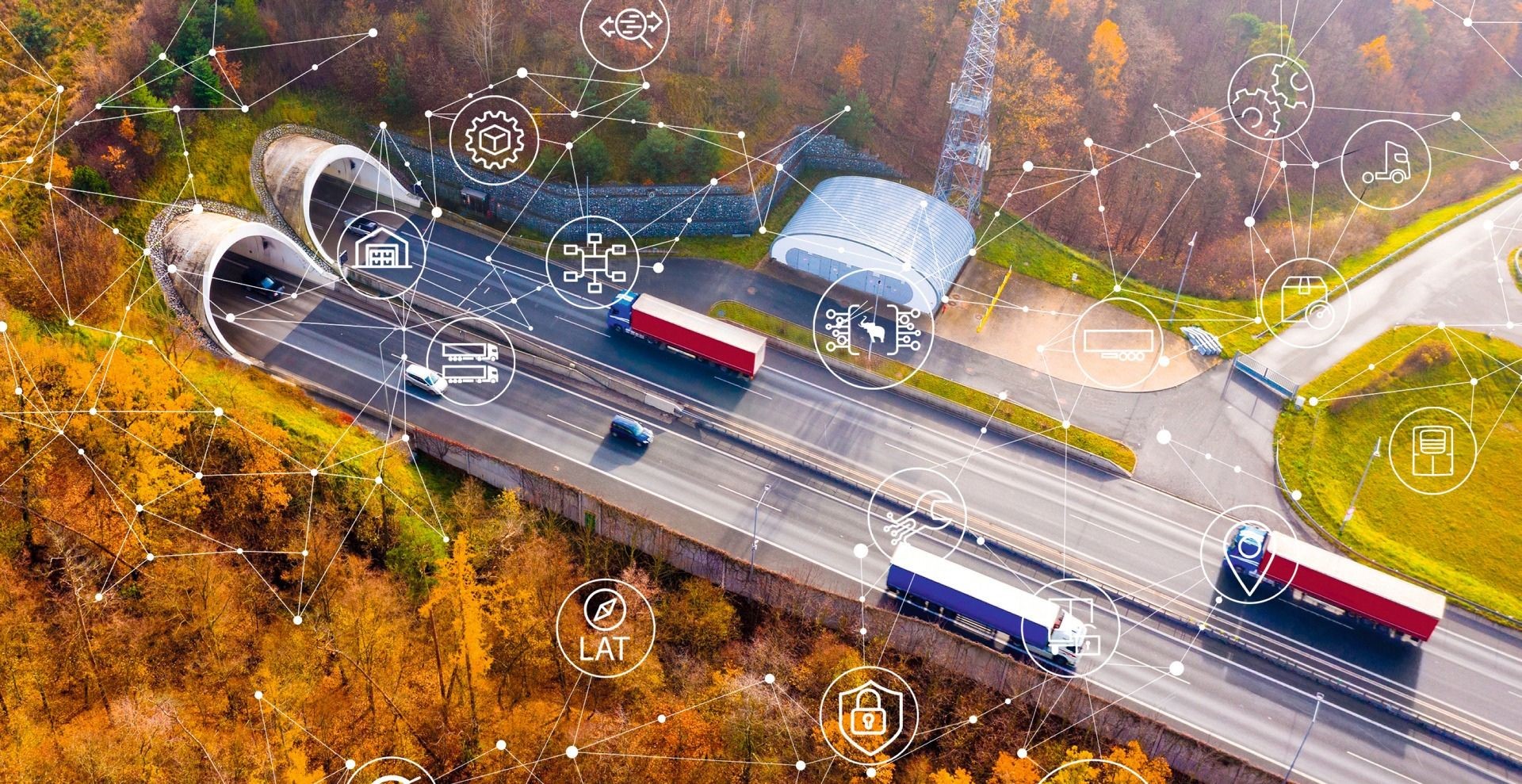100-year target to help our climate

Glaciers are melting, temperatures and sea levels are rising; the changes to our climate can no longer be denied and – in Europe in particular – politicians are now implementing ambitious plans in an effort to pre-empt the negative effects arising as a result of changes to our natural surroundings. For instance, the European Union has created “Fit for 55”, a package of measures aimed at reducing greenhouse gas emissions by 55 per cent by 2030 when compared to 1990. These measures include, improving emissions trading, increasing the proportion of renewables in the energy mix, significantly cutting energy consumption and expanding carbon reduction targets to the transport and construction sectors. The transport sector specifically is tasked with reducing carbon emissions by 55 per cent by 2030.
The future of drive systems
For transport and logistics service providers, relevant measures include stricter emissions standards for heavy goods vehicles, an increase to the proportion of electric vehicles in goods transport, carbon duties on fossil fuels as well as improved energy efficiency in buildings and infrastructure. The challenge becomes particularly evident when looking at the heavy goods vehicle sector: In the EU’s original plans from 2019, the goal was to reduce carbon emissions from heavy goods vehicles by 30 per cent by 2030. However, in early 2023, the EU Commission raised the bar again. The goal now is to cut carbon emissions 45 per cent by 2030, 65 per cent by 2035 and eventually 90 per cent by 2040. A significant number of people believe that these plans will mean the end of the combustion engine over the medium term, even though the EU explicitly permits the use of regenerative fuels for the purpose of CO2 reduction.
Industry representatives have taken a very sceptical stance on the proposals coming from Brussels. The vehicle industry believes the measures to be very ambitious and worries about major financial risks. The transport and logistics industry is calling for the responsible parties in Brussels, and the individual countries, to accelerate the development of refuelling and charging infrastructure for battery or hydrogen powered HGVs at the same speed. They believe there are significant shortcomings in this area. It is also essential for the industry that businesses are supported in updating their fleets through funding programmes and that this is further increased. Many industry bodies are also urging policymakers to take other alternative fuels into account in their CO2 directives, alongside electricity and hydrogen.
Businesses are cutting their carbon emissions
While political plans are being met with criticism, transport and logistics firms are already preparing themselves for a new era and taking steps to minimise carbon emissions. Many freight forwarders are currently looking into which alternative drive systems are best suited to their business models. They are using solar panels on the roofs of their logistics centres, deploying energy-saving trailers, cooling units, axles and tyres, shifting transport processes to the railway network, cooperating with other companies or improving their processes with telematics. As a result, they have already discovered that climate action not only makes environmental sense but economic sense, too.
Schmitz Cargobull is supporting transport and logistics firms through these changes with a number of products. Awarded the 2022 German Sustainability Prize, the aerodynamic EcoGeneration trailers not only reduce fuel consumption and carbon emissions by up to ten per cent – according to reports from customers in practice –, the three versions EcoFIX, EcoFLEX and EcoVARIOS mean that there is a curtainsider available for a range of sectors. And Schmitz Cargobull’s own-brand TrailerConnect® telematics system helps to improve logistics and route planning and, as such, improve fuel efficiency even further. And in the field of cooling units, there is no overlooking the electric transport cooling unit, the S.CUe , which is powered exclusively by electricity. In the all-electric S.KOe COOL reefer semi-trailer, Schmitz Cargobull’s e-axle helps to generate this power while the vehicle is on the road.
